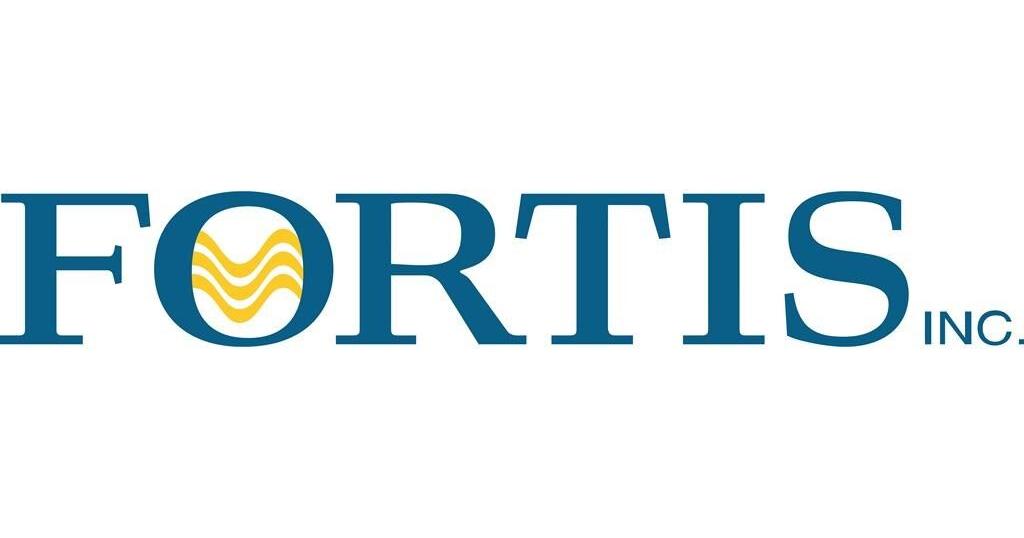In every hiring scenario, the hiring manager is looking for someone as close to a “sure thing” as possible. Therefore, the story of how you’ve added value to your employers needs to be told throughout your résumé, cover letter, LinkedIn profile, and during interviews. This is how you sell yourself!
Successful job seekers understand a job search is a sales process. They see themselves as a salesperson hunting for prospects (employers), building a pipeline of potential clients (employers), and scheduling interviews because that’s where “the sale” is made. Don’t kid yourself; interviews are sales meetings.
A professional salesperson knows the most effective way to make a sale is to demonstrate value. They articulate how the product or service they’re selling will generate revenue, save money, save time, improve results, or fix a pain point.
Ask yourself: What will an employer gain by hiring you? The “gain(s)” is your value, which you need to convey to employers.
Most job seekers answer their interviewer’s questions giving cliché answers, “I’m a team player,” “I’m great at sales,” “I love writing,” and “I’m detail-oriented.” Without numerically quantifying or mentioning specific accomplishments, these are just the candidate’s opinions, and employers don’t hire opinions.
Talk is cheap. You might be very good at your current job, but if you don’t demonstrate and vividly communicate your expertise and results (Employers hire to achieve results.) throughout your job search, you’ll struggle to find your next job.
Providing examples of how you have the competencies listed in the job description is essential when job hunting (e.g., problem-solving, taking initiative, managing change, bringing in revenue, creating process improvements, leadership skills). What better way to prove your competencies and track record than bringing evidence to your interview?
Don’t tell an employer what you think your value is—prove it with evidence!
Do you expect your interviewer to simply take your word? The next time you’re interviewing, consider bringing the following evidence to show your skills, capabilities, and results you’ve achieved.
My world (call center management) revolves around productivity reports. Such reports show me how my call center is doing, whether it’s meeting its objectives, and which agents are distracting it from meeting its objectives. Over the years, I’ve had a few candidates who’ve been astute enough to show me their recent call center statistics. Such proactive initiative always impresses me and makes my hiring decision easier.
Numbers are the language of business. Showing your interviewer recent reports of your performance (e.g., sales reports, key performance indicators) will go a long way in proving you walk your talk. Anyone can say they were a top 5 sales rep at Dunder Mifflin Paper Company, Inc. However, producing last month’s sales report ranking the company’s 45 sales reps and showing you were third in sales revenue changes your claim into an undeniable fact. Undeniable facts are influential.
What recent (no older than 3 months) reports can you bring to your next interview? Sales Report? Website Traffic Report? Social Media Report? Marketing Report?
- Appraisal/performance review
During your job search, you’ll most likely be asked something along the lines of, “If I were to call your boss, what would they say about you?” or “What will your references say about you should I call them?”
Your interviewer is asking you what your past/current manager thinks of your job performance. Which is more powerful, giving a verbal answer such as “My last manager would say I was one of the best hires he has ever made. He’d say I was the go-to person to get things accomplished on our team,” or saying, as you hand over your last performance review, “I’m glad you asked. Here’s my last appraisal, which I’m proud of. As you’ll see, my manager thought highly of my work, professionalism, and how I contributed to the department’s success.”? Just answering the interviewer’s question without producing evidence is hoping your interviewer will simply believe you.
Other ways you can provide proof (READ: evidence):
- Media appearances (e.g., newspaper articles)
- Written recommendations
- Presentations/videos (e.g., you as a keynote speaker)
- Portfolio (articles, graphics, etc.)
- Awards, honors, and recognitions
- 360 reviews
Besides not being a fit, the most common reason candidates get rejected is their inability to provide relevant, concrete examples of what they’ve done in their current/previous job that is relevant to the position they’re seeking.
Bringing evidence to your interviews will set you apart from your competition and provide hard proof that what you claim is true, which no interviewer will be able to ignore.
______________________________________________________________
Nick Kossovan, a well-seasoned veteran of the corporate landscape, offers advice on searching for a job. You can send Nick your questions at artoffindingwork@gmail.com.
Related


































